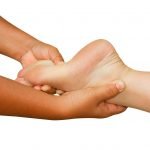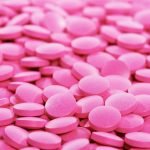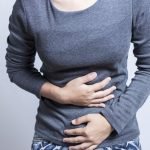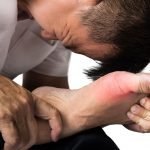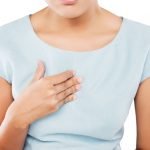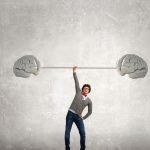Mislabeling of CBD Products
Node Smith, ND
Nearly 70% of CBD Products Sold are Mislabeled
A recent study from Penn State has found that nearly 70 percent of CBD products sold are mislabeled as to the amount of CBD contained.1 The mislabeling apparently goes in both directions, with some products containing more CBD than labeled, and others less. CBD (cannabidiol) is a chemical constituent found in cannabis which has recently gained popularity for a wide range of health applications, including pain management, insomnia, and inflammatory states. CBD by itself does not make people feel “high,” and it has not been found that it is generally abused, like marijuana.
Currently, There are no Standards for Producing, Testing, or Labeling
Since many states have legalized its use, it is estimated that the market for CBD products will grow to $2 billion in consumer sales over the next 3 years. While the interest in these products grows, there has been little done to regulate the purity and consistency of CBD products on the market. The main reason for this is that CBD is still classified as a schedule I controlled substance by the DEA, even though it has been legalized in many states. The quality control oversight is simply not conducted; there are no standards for producing, testing or labeling.
84 CBD Products Available Online from 31 Different Companies Were Tested for the Study
The study purchased and identified 84 CBD products available online from 31 different companies. It was found that 42 percent of the products were under-labeled – the product actually contained a higher concentration of CBD than indicated – and 26 percent were over-labeled – the product contained less than indicated. Only 30 percent of products tested actually contained within 10% of the amount listed on the label. Though studies have shown CBD to not be harmful, mislabeled products could potentially negate the clinical benefits being sought. If patients are using these products to control disease states, then they need to know that they can depend on consistency of the products they are ordering.
Many of the Products also Contained Significant Amounts of THC
In addition, many of the products also contained significant amounts of THC – the chemical in cannabis which makes people feel “high.” It is crucial that CBD products do not contained unlabeled THC, especially if these products are being used for children – which many parents are opting for instead of pharmaceutical drugs.
Image Copyright: <a href=’https://www.123rf.com/profile_rgbspace’>rgbspace / 123RF Stock Photo</a>
 Node Smith, ND, is a naturopathic physician in Portland, OR and associate editor for NDNR. He has been instrumental in maintaining a firm connection to the philosophy and heritage of naturopathic medicine among the next generation of docs. He helped found the first multi-generational experiential retreat, which brings elders, alumni, and students together for a weekend camp-out where naturopathic medicine and medical philosophy are experienced in nature. Four years ago he helped found the non-profit, Association for Naturopathic ReVitalization (ANR), for which he serves as the board chairman. ANR has a mission to inspire health practitioners to embody the naturopathic principles through experiential education. Node also has a firm belief that the next era of naturopathic medicine will see a resurgence of in-patient facilities which use fasting, earthing, hydrotherapy and homeopathy to bring people back from chronic diseases of modern living; he is involved in numerous conversations and projects to bring about this vision.
Node Smith, ND, is a naturopathic physician in Portland, OR and associate editor for NDNR. He has been instrumental in maintaining a firm connection to the philosophy and heritage of naturopathic medicine among the next generation of docs. He helped found the first multi-generational experiential retreat, which brings elders, alumni, and students together for a weekend camp-out where naturopathic medicine and medical philosophy are experienced in nature. Four years ago he helped found the non-profit, Association for Naturopathic ReVitalization (ANR), for which he serves as the board chairman. ANR has a mission to inspire health practitioners to embody the naturopathic principles through experiential education. Node also has a firm belief that the next era of naturopathic medicine will see a resurgence of in-patient facilities which use fasting, earthing, hydrotherapy and homeopathy to bring people back from chronic diseases of modern living; he is involved in numerous conversations and projects to bring about this vision.






